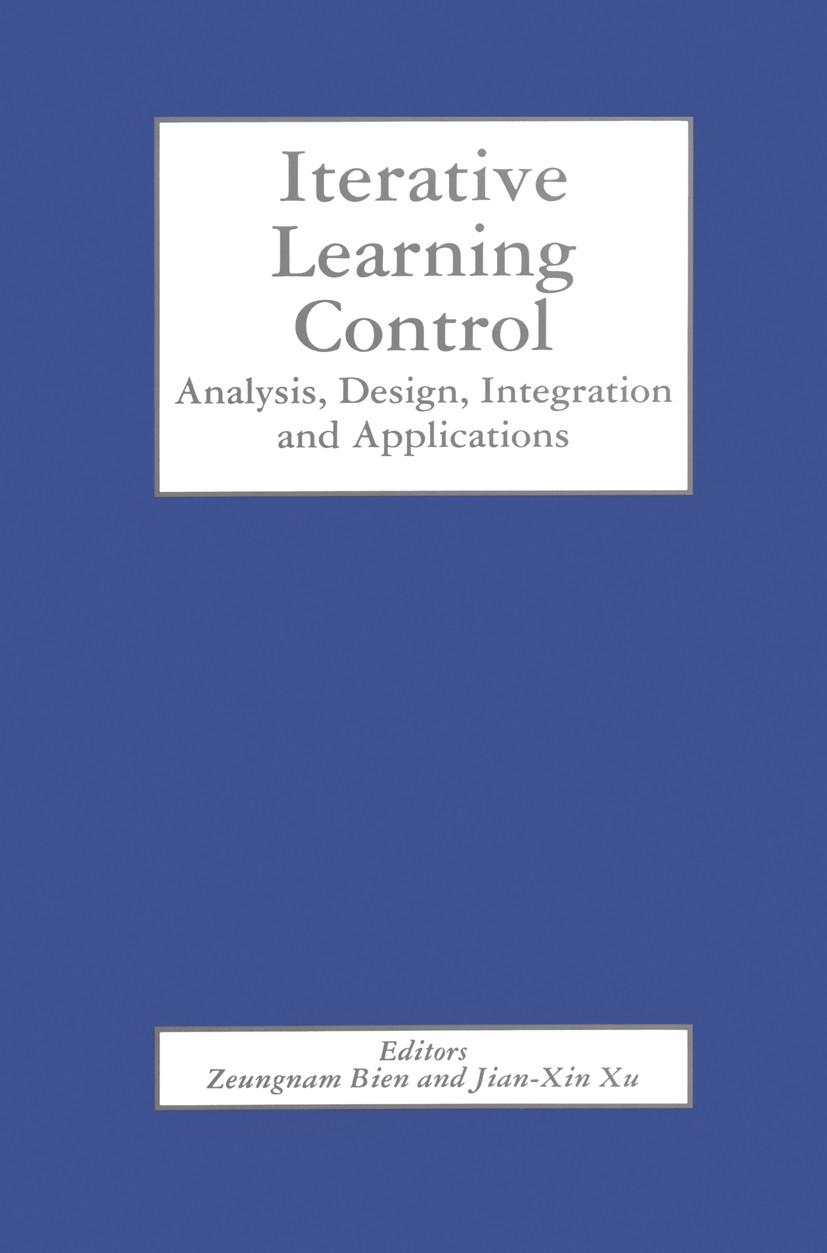| 书目名称 | Iterative Learning Control | | 副标题 | Analysis, Design, In | | 编辑 | Zeungnam Bien,Jian-Xin Xu | | 视频video | http://file.papertrans.cn/477/476571/476571.mp4 | | 图书封面 |  | | 描述 | Iterative Learning Control (ILC) differs from most existing control methods in the sense that, it exploits every possibility to incorporate past control informa tion, such as tracking errors and control input signals, into the construction of the present control action. There are two phases in Iterative Learning Control: first the long term memory components are used to store past control infor mation, then the stored control information is fused in a certain manner so as to ensure that the system meets control specifications such as convergence, robustness, etc. It is worth pointing out that, those control specifications may not be easily satisfied by other control methods as they require more prior knowledge of the process in the stage of the controller design. ILC requires much less information of the system variations to yield the desired dynamic be haviors. Due to its simplicity and effectiveness, ILC has received considerable attention and applications in many areas for the past one and half decades. Most contributions have been focused on developing new ILC algorithms with property analysis. Since 1992, the research in ILC has progressed by leaps and bounds. On one hand, | | 出版日期 | Book 1998 | | 关键词 | Nonlinear system; Standard; automation; design; fuzzy; fuzzy logic; learning; robot; robotics; system; tables | | 版次 | 1 | | doi | https://doi.org/10.1007/978-1-4615-5629-9 | | isbn_softcover | 978-1-4613-7575-3 | | isbn_ebook | 978-1-4615-5629-9 | | copyright | Springer Science+Business Media New York 1998 |
The information of publication is updating

|
|
 |Archiver|手机版|小黑屋|
派博传思国际
( 京公网安备110108008328)
GMT+8, 2026-2-9 18:51
|Archiver|手机版|小黑屋|
派博传思国际
( 京公网安备110108008328)
GMT+8, 2026-2-9 18:51


